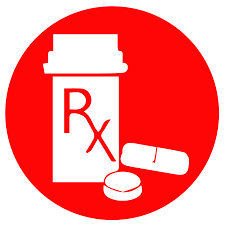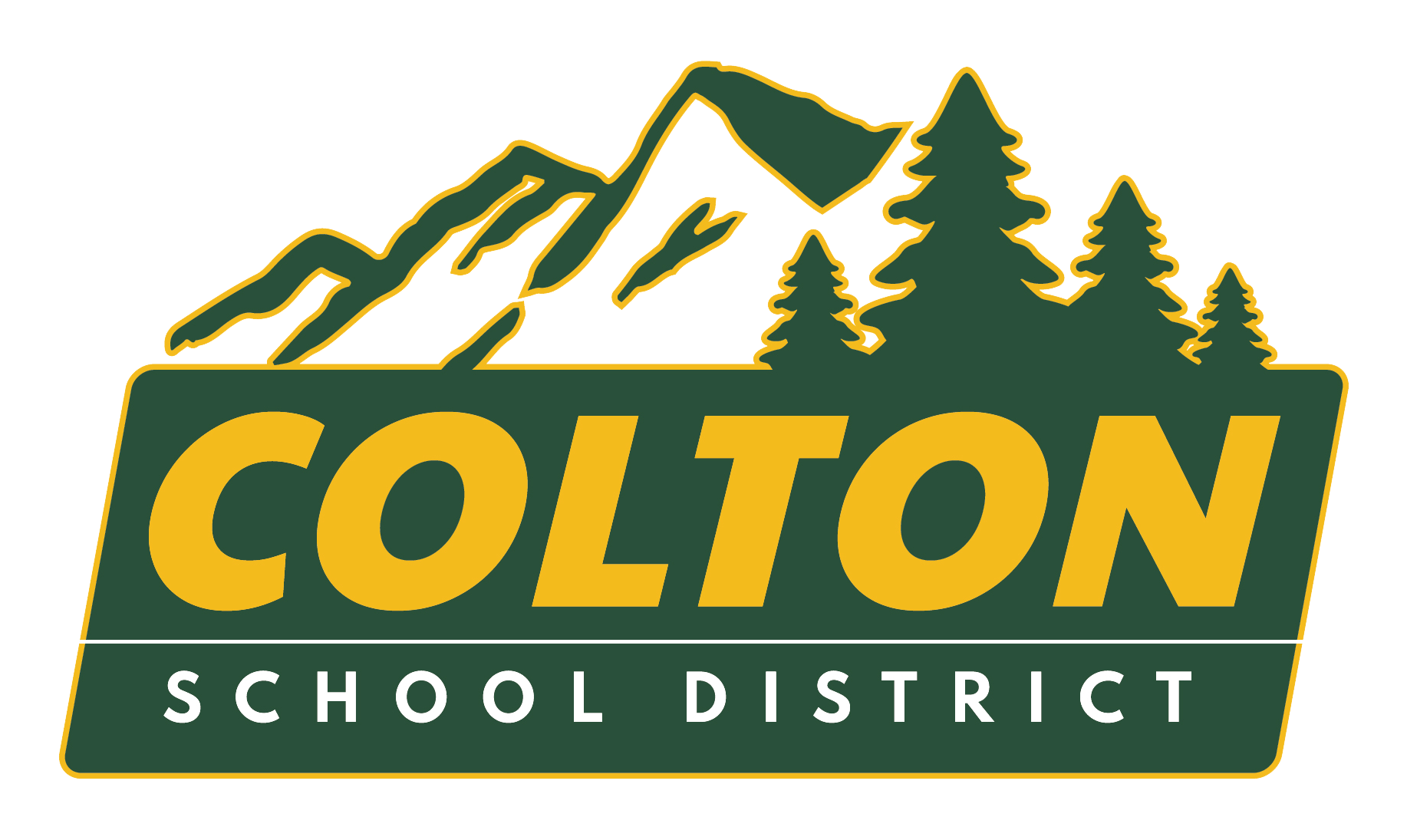Medication Administration

Medication can be administered at school in accordance with district policy and state law:
Parents must completely and appropriately complete and sign an Authorization for Medication Administration in its entirety before medication can be legally administered at school. State law requires consent in writing that includes:
The student's name and date of birth
The name of the medication
The dose of the medication
The route of the medication
The time, frequency and duration of when the medication is to be administered
The parents' signature.
The information must include the medication name, actual dose ( i.e. "mg" or "ml" not "1 pill" or "1 tsp").
The medication administration form must match the prescription label or the manufacturer's directions (e.g., a child cannot be given an adult dose, or a half dose or medication more frequently than prescribed). Anytime the dose or frequency deviates from the directions on a bottle, whether prescription or over the counter, it must be accompanied by a written doctor's note clarifying the change in dose or time.
Verbal permission may not be provided by parents, authorization must be in writing.
Medication must be brought to school by the parent in its original container with pharmacy label or manufacturer's label intact. For medications such as inhalers or injectable medications, labels are still required.
It is the parent's responsibility to ensure medication is unexpired and that the appropriate number of doses are present for scheduled administration.
Medication cannot come to school in unmarked containers; any medication in unmarked containers such as sandwich bags will be disposed of.
Medication requiring divided doses must be divided in advance by the parents. Extended release or sustained release medication may not be divided.
Medication is student specific and may not be shared, even by siblings.
Medication administered at school must be approved and regulated medications necessary for the student to remain in school for the day.
Nutritional supplements may not be administered at school.
Non regulated remedies may not be administered at school.
Parents must pick up unused medications at the end of the school year or they will be disposed of.
Authorizations:
Signed Authorization for Medication Administration is required for administration of all non-injectable medications in the school setting: Authorization for Medication Administration
Self-Medication
Students may self-carry and self-administer medication once a Self-Medication Agreement is completed. This requires provider, parent and administrator's consent.
Self-Management
Self-Management may occur in the school setting for specific diagnoses such as Diabetes when the provider has designated the student as such. A Self-Management Contract is required.
